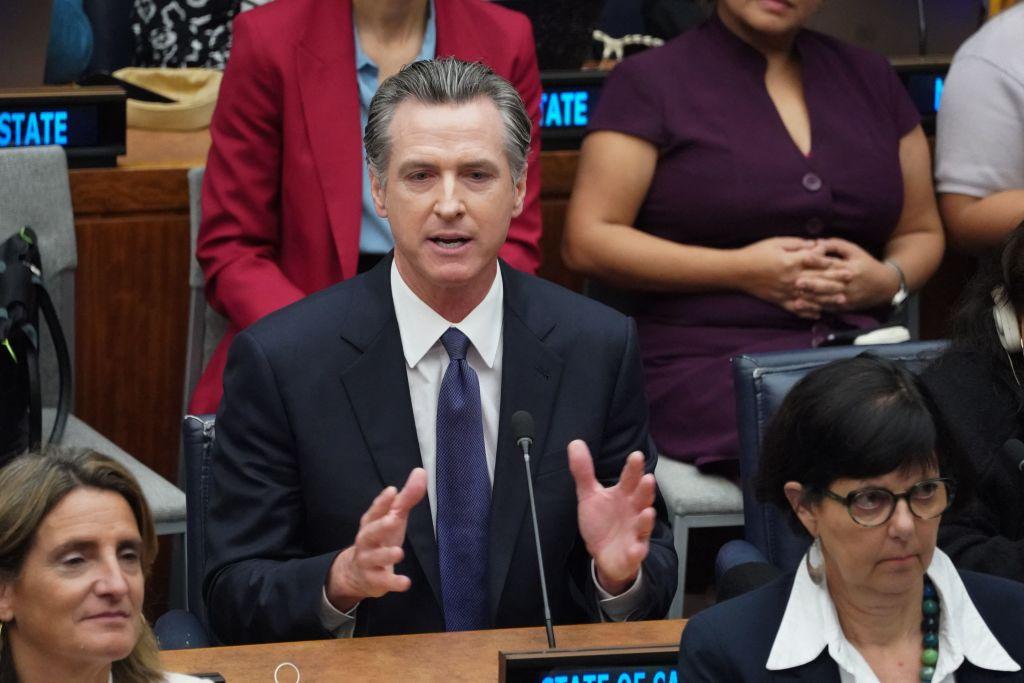California Gov. Gavin Newsom vetoed a bill that would have banned self-driving trucks on roads without a human presence, drawing criticism from labor unions concerned about potential job losses.
Assembly Bill 316 prohibits the operation of autonomous vehicles weighing more than 10,000 pounds on public roads without a human safety operator physically present inside the vehicle. After lawmakers approved the legislation, it went to the Democrat governor to sign it into law. He vetoed the bill on Sept. 22.





